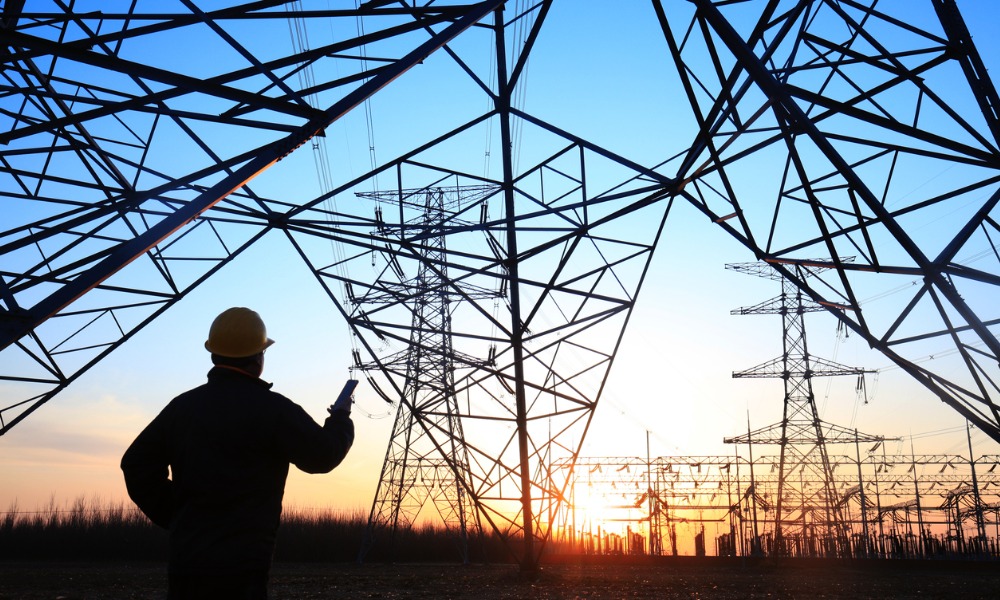
EU sees Mercury NZ trialling self-driving vehicle for workplace safety

Mercury NZ has entered an Enforceable Undertaking (EU) with WorkSafe New Zealand following a steam hammer incident at its Rotokawa power station in 2021.
The EU will see the charges against Mercury NZ dropped, as WorkSafe said the investment is the "preferred solution in the case."
"It demonstrates a substantial commitment to health and safety with benefits to workers, community, and the industry that may not have been achieved by prosecution," said Catalijne Pille, WorkSafe's regulatory support manager, in a statement.
The EU comes after a "severe steam hammer" incident in July 2021 at Mercury NZ's Rotokawa power station.
It took place after the unintentional mixing of fluids with significantly different temperatures. It damaged the valves and pipework, leading to the loss of steam containment.
No injuries or fatalities were sustained in the incident, but WorkSafe NZ said the loss of containment was "incredibly dangerous."
"The pipework had been exposed to extreme forces, with an intensity that ejected flange bolts, split valve bonnets, and tore welded fixings," Pille said.
WorkSafe's investigation saw that Mercury NZ had shortcomings in plant installation decisions and risk assessment. There was also "ineffective communication" between personnel onsite and the offsite control room operators.
"While no one was harmed in this event, it is important that we reflect on this incident and how we can continue to improve on our safety performance," said Stew Hamilton, Mercury's Executive General Manager Generation, in a statement.
The EU mandates Mercury NZ to undertake the following measures to improve workplace safety:
Pille said the self-driving vehicle will supplement in-person operator rounds that will be good for safety.
"Emerging technologies have huge potential for health and safety," she said. "The data insights will aid decision-making and help with continuous improvement of processes and procedures."
According to Hamilton, other key work in their EU includes autonomous inspection of certain sites, mechanism to share learnings with others, donations to emergency service providers, as well as support of a health and safety scholarship.
"The programme has now kicked off, and we expect it to complete in February 2026," the general manager said. "We expect this will deliver benefits to not just our people, but our sector as well as the community."